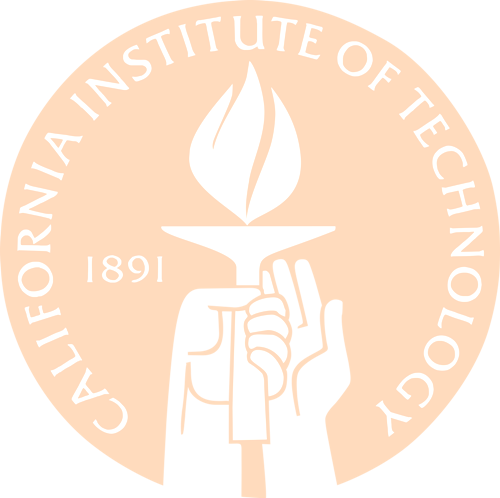Team:Caltech/BBa K338003
From 2010.igem.org
(New page: {{Caltech_iGEM_10| Content= <br /> ) |
|||
| (4 intermediate revisions not shown) | |||
| Line 1: | Line 1: | ||
| + | __NOTOC__ | ||
{{Caltech_iGEM_10| | {{Caltech_iGEM_10| | ||
Content= | Content= | ||
<br /> | <br /> | ||
| + | |||
| + | <partinfo>BBa_K338003 short</partinfo> | ||
| + | |||
| + | This is half of a planned part which would contain all three PHA synthase genes required to produce [http://en.wikipedia.org/wiki/Polyhydroxybutyrate polyhydroxybutyrate] (PHB) in cells: ''phaA'', ''phaB1'', ''phaC1''. This half contains only ''phaA'': <partinfo>BBa_K156012</partinfo>. It was designed to be ligated upstream of part [[Team:Caltech/BBa_K338004|BBa_K338004]]. | ||
| + | |||
| + | ===Usage and Biology=== | ||
| + | ====Design==== | ||
| + | When ligated upstream of [[Team:Caltech/BBa_K338004|BBa_K338004]], the completed construct was designed to express all three PHA synthase genes required to make PHB oligomers from soybean oil. The three genes would be transcribed polycistronically on a single mRNA transcript under the IPTG-inducible control of the <partinfo>BBa_K215000</partinfo> promoter. Naturally, each gene is preceded by a standard RBS (<partinfo>B0034</partinfo>) and the transcript finishes with a strong terminator (<partinfo>B0015</partinfo>), for a total size of about 3500bp. | ||
| + | |||
| + | Note that these three genes should only cause the production of PHB ''oligomers'' in cells, not hardened plastic. A crosslinking agent is required to link the oligomers and form the final plastic product. Over-expression of the ''phaC1'' gene could cause some crosslinking, but this has not been experimentally verified. | ||
| + | |||
| + | ====Literature==== | ||
| + | |||
| + | Lee describes how a similar gene construct (pSYL105) was used to produce very large amounts of PHB, up to 80-90% of the dry cell weight, under certain conditions. Synthesis of PHB is related to the amount of acetyl-CoA available - synthesis was bolstered in the presence of complex nitrogen sources, amino acids, or oleic acid. He also mentions that PHB production was highly dependent on the particular bacterial strain used. [10] | ||
| | ||
| + | }} | ||
Latest revision as of 10:56, 26 October 2010
|
People
|
<partinfo>BBa_K338003 short</partinfo> This is half of a planned part which would contain all three PHA synthase genes required to produce [http://en.wikipedia.org/wiki/Polyhydroxybutyrate polyhydroxybutyrate] (PHB) in cells: phaA, phaB1, phaC1. This half contains only phaA: <partinfo>BBa_K156012</partinfo>. It was designed to be ligated upstream of part BBa_K338004. Usage and BiologyDesignWhen ligated upstream of BBa_K338004, the completed construct was designed to express all three PHA synthase genes required to make PHB oligomers from soybean oil. The three genes would be transcribed polycistronically on a single mRNA transcript under the IPTG-inducible control of the <partinfo>BBa_K215000</partinfo> promoter. Naturally, each gene is preceded by a standard RBS (<partinfo>B0034</partinfo>) and the transcript finishes with a strong terminator (<partinfo>B0015</partinfo>), for a total size of about 3500bp. Note that these three genes should only cause the production of PHB oligomers in cells, not hardened plastic. A crosslinking agent is required to link the oligomers and form the final plastic product. Over-expression of the phaC1 gene could cause some crosslinking, but this has not been experimentally verified. LiteratureLee describes how a similar gene construct (pSYL105) was used to produce very large amounts of PHB, up to 80-90% of the dry cell weight, under certain conditions. Synthesis of PHB is related to the amount of acetyl-CoA available - synthesis was bolstered in the presence of complex nitrogen sources, amino acids, or oleic acid. He also mentions that PHB production was highly dependent on the particular bacterial strain used. [10]
|
 "
"
